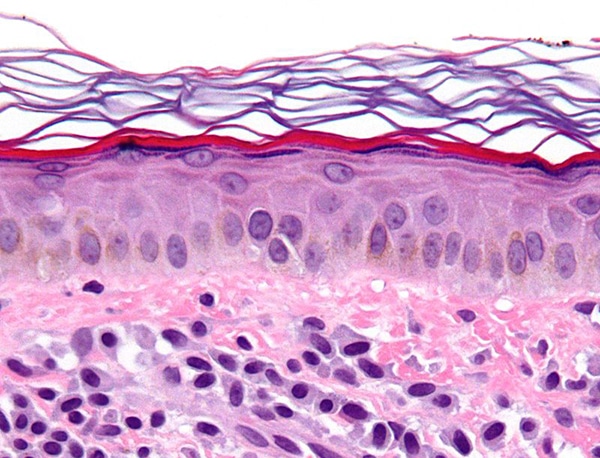Targeting a Rare Blood Disorder
The U.S. FDA has approved a molecularly targeted therapeutic to treat patients with advanced systemic mastocytosis.
The U.S. Food and Drug Administration (FDA) approved the molecularly targeted therapeutic avapritinib (Ayvakit) to treat patients with advanced systemic mastocytosis, a rare blood disorder that usually develops in adolescence.

The approval included patients with aggressive systemic mastocytosis, systemic mastocytosis with an associated hematological neoplasm, and mast cell leukemia.
An oral medication, avapritinib is in a class of drugs called kinase inhibitors that work by blocking proteins that signal cancer cells to multiply. Avapritinib inhibits mutated forms of the kinases PDGFRA and KIT, the latter of which is an important driver of systemic mastocytosis.
The approval of avapritinib was based on two multi-center, single-arm, open-label clinical trials—EXPLORER and PATHFINDER—which demonstrated a combined 57 percent overall response rate among patients with advanced systemic mastocytosis.
Systemic mastocytosis is a condition in which too many mast cells, a type of white blood cell, accumulate in the bloodstream. It is estimated to occur in one in every 10,000 to 20,000 individuals worldwide.
The FDA decision was rendered on June 16, 2021.
